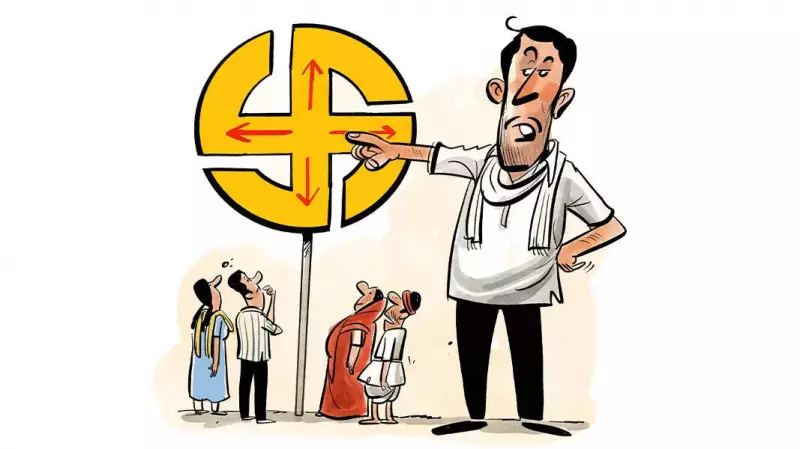
In a significant move that has sent ripples through Bihar's political landscape, the state government has implemented sweeping restrictions on the financial powers of village chiefs, fundamentally altering the dynamics of rural governance.
The New Financial Framework
The administration has introduced a comprehensive set of regulations that substantially curtail the autonomy previously enjoyed by mukhiyas in managing development funds. Under the revised system, these elected representatives now face multiple layers of oversight and approval requirements for even routine financial decisions.
Key Restrictions Imposed
- Tighter Control Over Development Funds: Mukhiyas can no longer independently allocate or disburse funds for local development projects
- Enhanced Scrutiny Mechanisms: Multiple administrative approvals required for project implementation
- Limited Discretionary Powers: Significant reduction in financial decision-making authority at the village level
- Increased Documentation: Elaborate paperwork and compliance requirements for all financial transactions
Government's Rationale
Official sources indicate that these measures aim to ensure greater transparency and accountability in the utilization of public funds. The government contends that the previous system lacked adequate checks and balances, potentially leading to mismanagement of resources.
Ground-Level Impact
The new regulations have created substantial operational challenges for mukhiyas across Bihar's rural landscape. Many elected representatives report that routine development work has been hampered by bureaucratic delays and complex approval processes.
"The very essence of local self-governance is being undermined," lamented one village chief, who spoke on condition of anonymity. "We're elected to serve our communities, but our hands are tied when it comes to addressing even basic development needs."
Political Reactions
The opposition has seized upon the issue, accusing the ruling dispensation of centralizing power and weakening the Panchayati Raj system. Meanwhile, government supporters argue that these measures are necessary to prevent corruption and ensure proper utilization of development funds.
Broader Implications
This development represents a fundamental shift in Bihar's approach to rural governance. The balance of power between elected local representatives and the state bureaucracy has clearly tilted toward the latter, raising important questions about the future of decentralized governance in the state.
As the new system beds in, all eyes will be on how these changes affect the pace and quality of rural development in one of India's most populous states.





